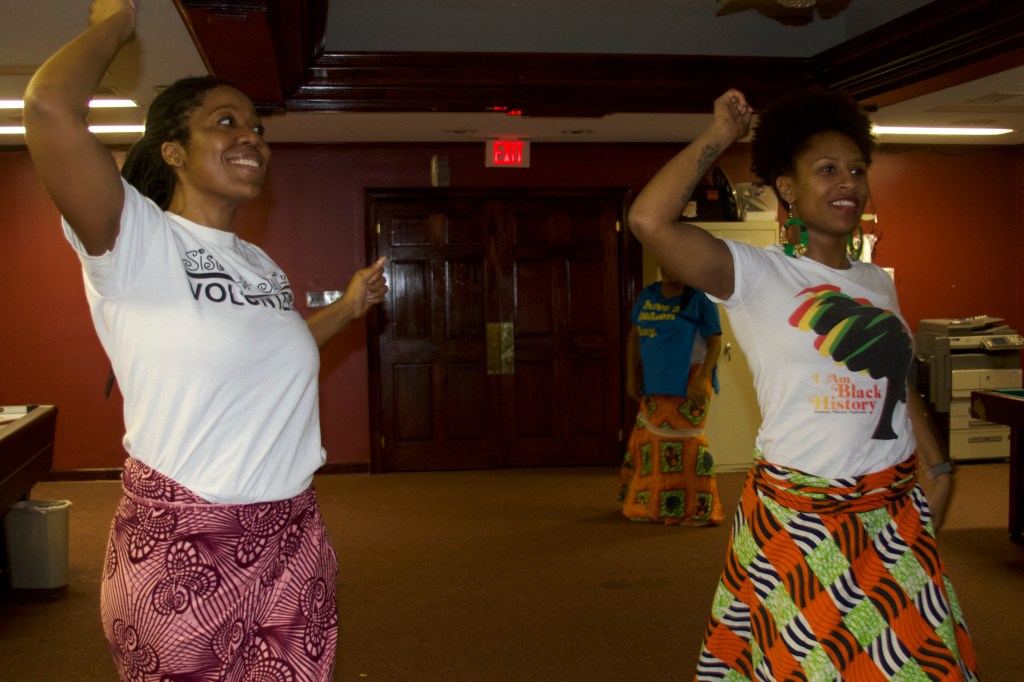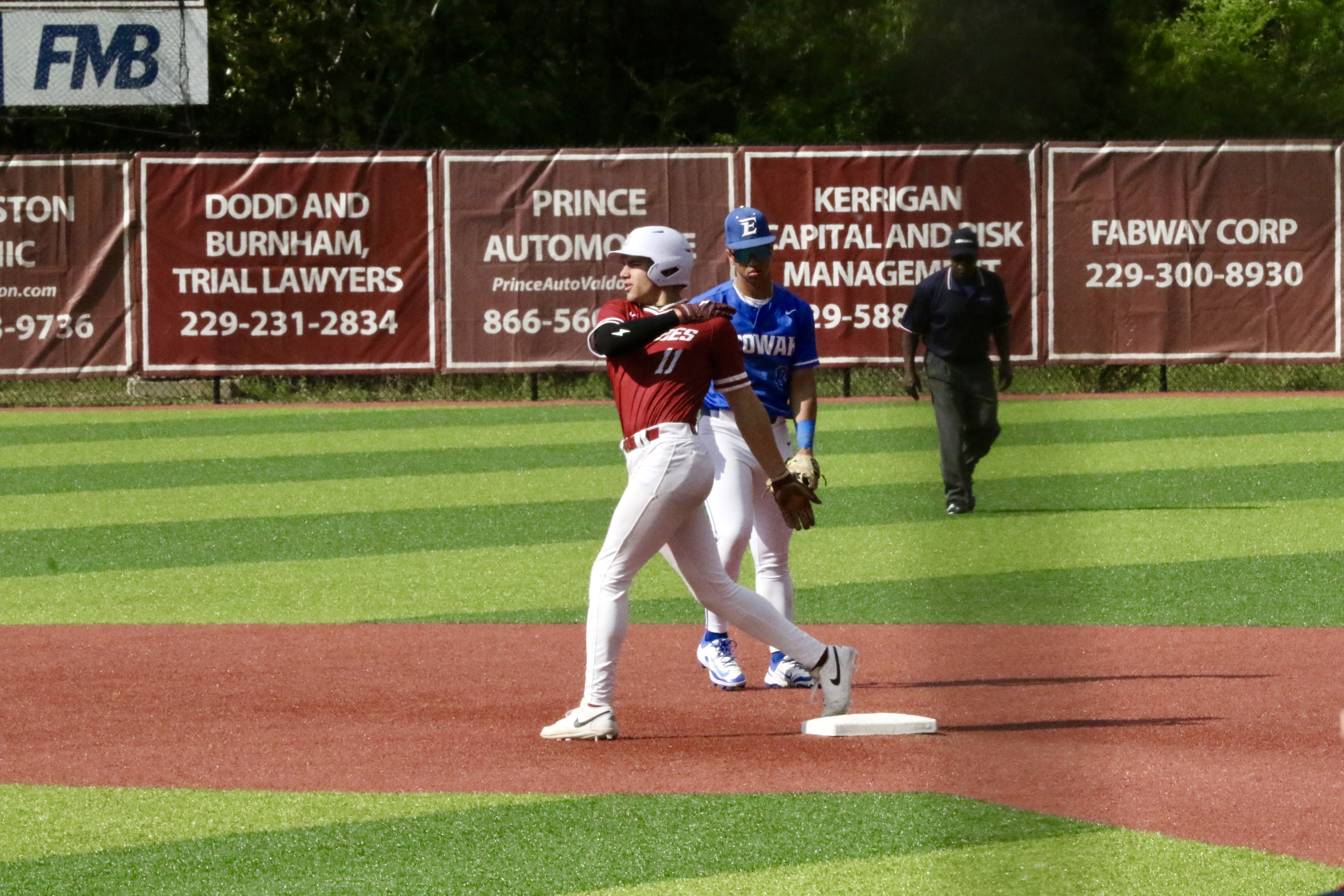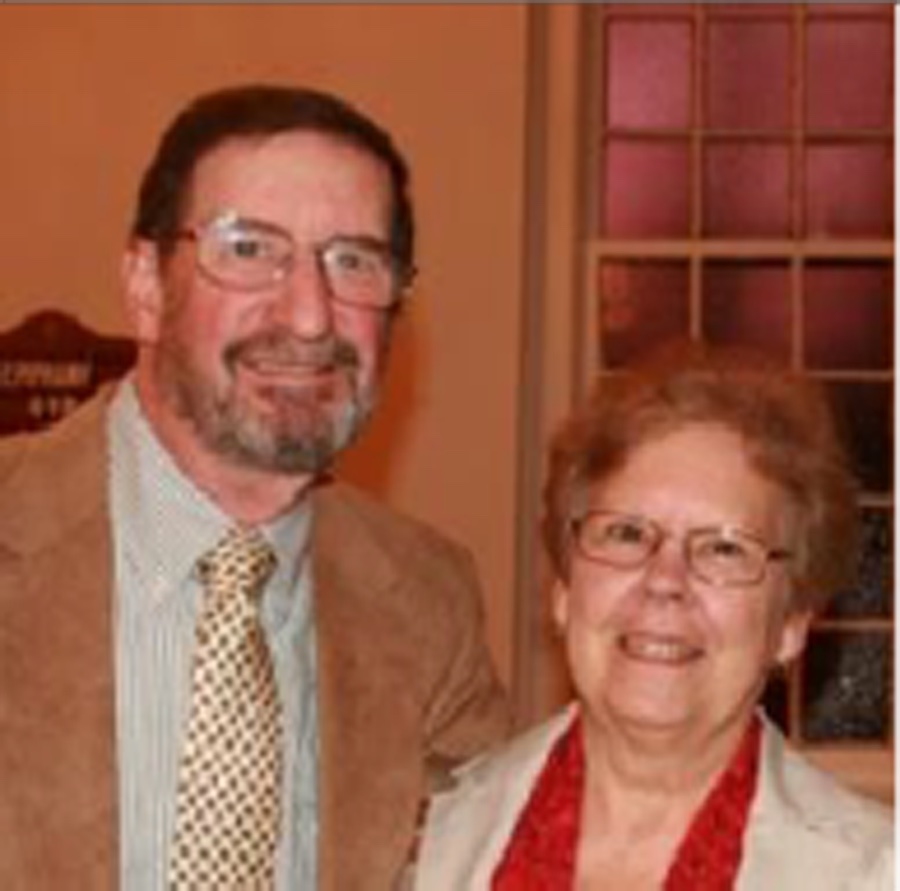In Their Footsteps: Dance troupe taps into Africa
Published 3:00 pm Saturday, February 8, 2020

- Amanda M. Usher | The Valdosta Daily TimesLynsei Love and Brittany Bell rehearse with the Family Village of Aya.
VALDOSTA – The rhythm quickened, and then it slowed, all while dancing feet kept up with the pace.
Hands and drum sticks melodically moved across the djembe and the dun dun drums creating a tune that was occasionally complemented by tribal calls.
Motions were careful and full of personality.
It was a language that goes back to the Motherland.
The Family Village of Aya dancers spoke to each other through movement, a conversation that began five years ago.
Laneka Allen founded the Village in 2015 after participating in global education events at the James H. Rainwater Conference Center.
People would see her and others perform as they represented African dancers, which spiraled into requests for them to perform at other community events.
The group performs at gatherings such as memorial events for Dr. Martin Luther King Jr. and Juneteenth.
The troupe is led by Allen, whose love for dancing dates back to her youth years.
“I was always a busy body, jumping around on tables, in the grocery store; it was all kinds of dance,” Allen said.
After auditioning for the Performing and Visual Arts Program, her training began.
Under the guidance of an instructor, she began taking African dance lessons in high school for the first time. She recalls the class being loud, fast and full of motion.
She later moved on to dance for Sashei of Macon while attending Fort Valley State University.
Her passion for the art form motivates her through any trials or tribulations of her life such as being unemployed and navigating through changes.
“Dance always gave me that outlet to say ‘hey, keep pushing. … As long as I was moving, it was like all of that didn’t matter just for those times that I was moving,” Allen said.
“Even if I’m teaching movement for that time regardless of whatever I was going through, the movement took my mind off of it. It kept me going. It kept me pushing, and it kept me from being idle.”
She is skilled in various West African dances including KuKu, Sinte, Sabar, Guinea, Lamban and more techniques – each with their own definition.
Lamban means healing and is an ancient dance of the storytellers.
KuKu would be done by women who returned from a fishing expedition.
These traditional West African dances derive from various stories and backgrounds.
Performing the dances brings about a connection to the outside world. It links people together through a shared experience, Allen said.
It bridges cultural gaps of diverse backgrounds, weight sizes, races, abilities and origins, she said.
“Your soul can find itself in those rhythms because when you hear that drum – I don’t care who you are – you’re going to react to it,” Allen said. “That’s what draws me to it. That’s what keeps me going.”
The technical maneuvers react to the drum that speaks to them almost creating a marriage between the performer and the drum as the rhythm and speed connects the two.
Allen said a drum titled “The Talking Drum” responds with Sabar rhythms originating out of Nigeria.
Reflections of Africa are not only symbolized in the troupe’s footwork but its name, as well. Aya is sign of a fern leaf.
“I picked that because the plant leaf of a fern can thrive in any situation; so, even when coming in contact with diversity, the climate change – it may die out, it may wither, and it may stay down for a while,” Allen said, “but eventually it always bounces itself back. It will always find itself growing back again.”
The Family Village of Aya is accepting new members and drummers. Visit its Facebook page for more information.





